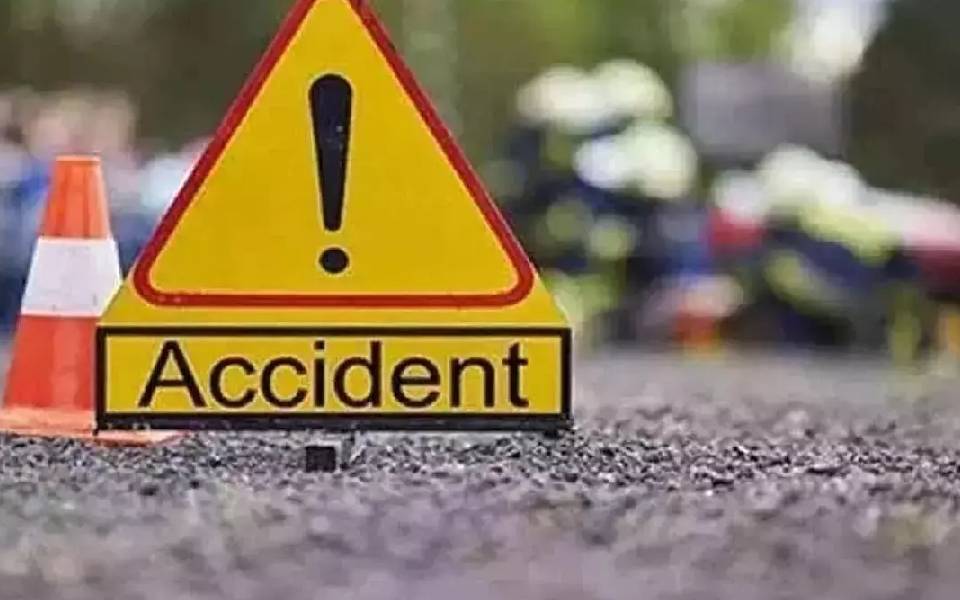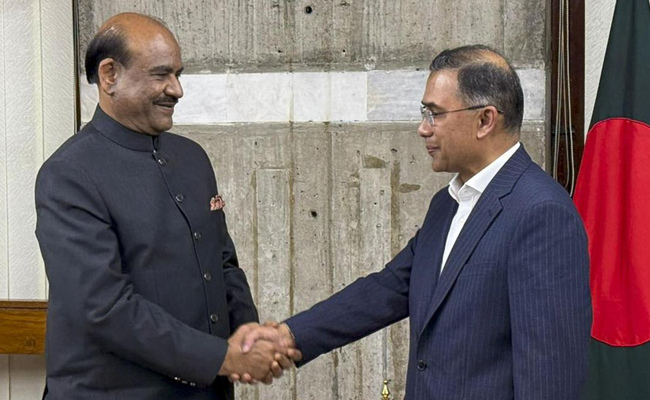New Delhi, April 22: President Ram Nath Kovind on Sunday approved an ordinance to provide death penalty for those convicted of raping girls younger than 12 years besides clearing another ordinance to confiscate property of fugitive economic offenders.
The President promulgated The Criminal Law (Amendment) Ordinance, 2018, approved by the Cabinet on Saturday that seeks to provide effective deterrence against rape and instil a sense of security among women, particularly young girls.
The ordinance amends the Indian Penal Code, the Indian Evidence Act, the Code of Criminal Procedure and the Protection of Children from Sexual Offences Act.
The ordinance comes against the backdrop of the rape and murder of an eight-year-old girl in Kathua in Jammu and Kashmir, the rape of a teenager in Unnao in Uttar Pradesh and similar crimes in other parts of the country.
The development puts in place a number of measures for speedy investigation and trial of rape cases including a two-month time limit for investigation, two months for completion of trial and six months for disposal of appeals.
It provides that punishment for rape of a girl younger than 12 will be a minimum 20 years imprisonment or imprisonment for life or with death.
Punishment for gang rape of a girl under 16 years of age will invariably be imprisonment for rest of life.
In case of gang rape of a girl below 12 years, punishment will be jail for life or death sentence.
The minimum punishment in case of rape of women has been increased from rigorous imprisonment of seven years to 10 years, extendable to life imprisonment.
In case of rape of a girl aged below 16, minimum punishment has been increased from 10 to 20 years, extendable to imprisonment for rest of life -- meaning imprisonment till that person's natural life.
The ordinance also provides that the court has to give notice of 15 days to the Public Prosecutor and the representative of the victim before deciding bail applications in case of rape of a girl under 16 years of age.
There will be no provision for anticipatory bail for a person accused of rape or gang rape of a girl under 16 years.
It also aims at strengthening investigation and prosecution including setting up fast track courts and special forensic labs in each state besides maintaining a national database of sexual offenders.
Kovind also promulgated The Fugitive Economic Offenders Ordinance, 2018, which followed the Punjab National Bank fraud case, in which the main accused, diamond trader Nirav Modi and his uncle Mehul Choksi, fled the country after duping banks to the tune of over Rs 30,000 crore.
The ordinance lays down the measures to empower Indian authorities to attach and confiscate proceeds of crime associated with economic offenders and the properties of the economic offenders and thereby deter economic offenders from evading the process of Indian law by remaining outside the jurisdiction of Indian courts.
The Bill is expected to re-establish the Rule Of Law as economic offenders would be forced to return to India to face trial for scheduled offences.
This would also help the banks and other financial institutions to achieve higher recovery from financial defaults committed by such offenders and improve the financial health of such institutions.
Let the Truth be known. If you read VB and like VB, please be a VB Supporter and Help us deliver the Truth to one and all.
Mumbai (PTI): Kushal Bhurtel’s early fireworks and Dipendra Singh Airee’s unbeaten fifty helped Nepal end their 12-year-long winless run in T20 World Cup with a seven-wicket triumph against Scotland in an inconsequential Group C match here on Tuesday.
Nepal had gone winless since 2014 when they beat Afghanistan and the Netherlands on T20 World Cup debut, but the Rhinos signed off from this edition with a memorable victory in front of more than 19,000 fans at the Wankhede Stadium here.
Chasing 171, Nepal responded with 171/3 in 19.2 overs with Airee’s quickfire 50 not out off 23 balls, with three sixes and four fours, being the highlight of their spirited chase along with Bhurtel's (43) inspired start.
Gulsan Jha (24 not out) also chipped in with two towering sixes at a crucial juncture, putting on an unbeaten 73-run stand for the fourth wicket.
Earlier, Bhurtel had a narrow escape when Brad Currie dropped a return catch and the Nepal opener rubbed salt on the wound with a huge six over long-on in the second over.
With their batters being under pressure, Nepal made a rather cautious start but took charge once their eye was in.
Aasif Sheikh (33) opened up with a six over fine leg in the fourth over, and in the next, Bhurtel clattered two sixes and a four off Mark Watt. As many as 23 runs came off Watt as Aasif finished with another powerful hit over square leg.
However, Nepal couldn’t sustain the momentum of raking in big runs as following overs from Scottish spinners saw the pressure building on the batters, resulting in a few wickets.
Bhurtel mishit a sweep off Michael Leask (3/30) and was caught at midwicket for a sparkling 43 off 35 balls with four sixes and a four. Soon after, Aasif went back in the hut when a thick edge off his bat was collected by Brad Wheal at short third off Leask.
Leask appeared to be all over Nepal when he had their skipper Rohit Paudel (16) caught by backward square leg in the 14th over. But in his final over, Airee hammered two on-side sixes and a four to collect 20 runs off the 16th.
Jha completed the formalities with a four off the 20th over, as Nepal won with four balls to spare.
Earlier, Michael Jones’ brisk 71 steered Scotland to a competitive 170 for 7.
Both the teams were out of reckoning for the Super Eights with the West Indies and England advancing to the next round from the group.
Barring Jones, who struck eight fours and three sixes in his 45-ball knock, Scottish batters failed to convert their starts but still managed to finish at a competitive total on a flat deck here.
It was Jones who did the heavy-lifting in his 80-run stand for the opening wicket with George Munsey, who failed to get any momentum despite staying in the middle till the halfway mark of Scotland’s innings.
While the right-handed Jones pierced gaps comfortably and met the ball with the sweet part of his bat to get boundaries at regular intervals, all that Munsey could do was play a second fiddle while managing 27 runs off 29 balls with four boundaries.
Munsey’s frustration of not being able to get a move-on was apparent when he fell on the final ball of the 10th over, connecting with an innocuous full toss from Paudel with the toe end of the bat. The Scottish opener smacked his bat in frustration when Sundeep Jora completed a fine diving catch in front of him at long-on.
But Jora and Nepal appeared to have claimed a skier when McMullen hit one off Nandan Yadav on the first ball of the 14th over.
Positioned at mid-on, Jora did not have to move more than five paces but to his credit, he kept his eyes on the ball. When the ball eventually did come back to him, Jora didn’t realise that it went through his hands and hit the turf while he fell on the ground in the process.
Jones continued to unleash his big hits and smacked a 94m hit straight into the balcony of his dressing room with the ball settling into the hands of his teammate Tom Bruce.
However, Jones’ innings ended soon after when Sompal Kami (3/25), coming round the wicket in the 16th over, cleaned up the Scotland opener and took a brilliant one-handed grab to take a return catch off McMullen.




